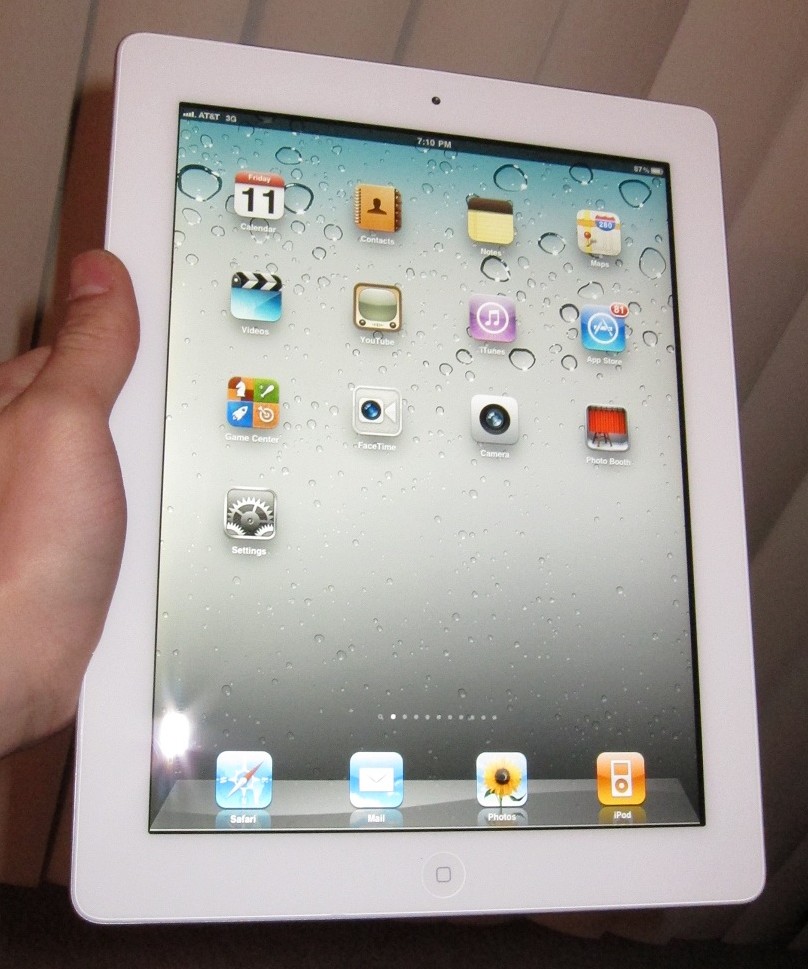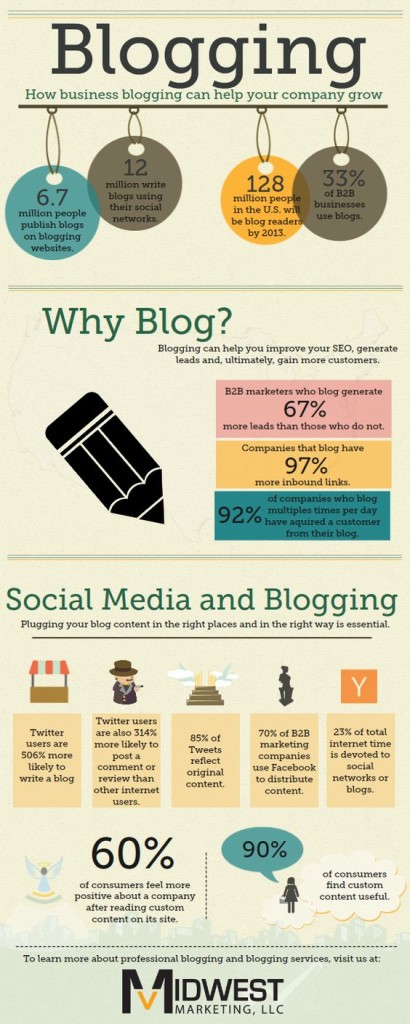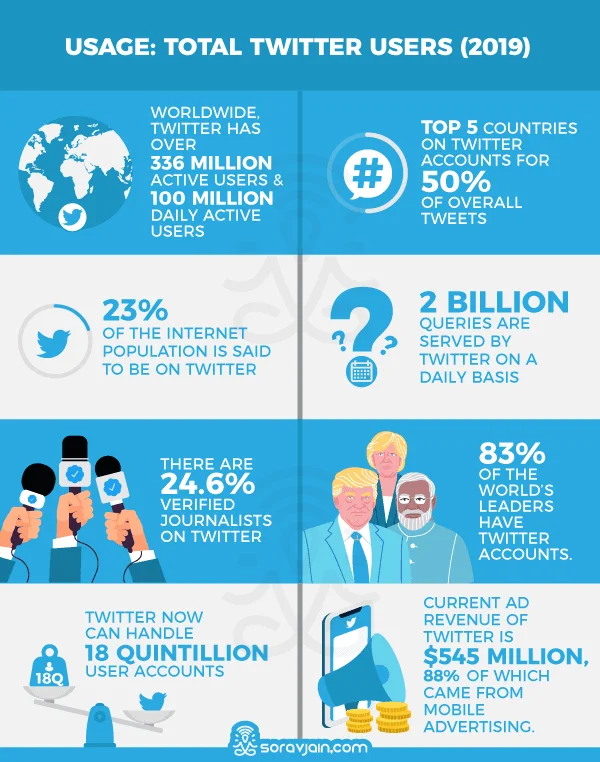I have been blogging professionally for nearly five years — it has been my sole source of income. It isn’t by any means an easy career decision, but I make it work for me. But, as they say, all good things must come to an end, and I fear that the day of the professional blogger is no different.
For now, I’m in good company: 34 percent of bloggers who participated in Technorati’s State of the Blogosphere in 2010 revealed that they partake in this blogging endeavor on a full-time or part-time basis, meaning there is money to be made. Blogging is also incredibly popular in the States, where 33 percent of respondents noted that it was where they resided.
Clearly, there is no shortage of people who are blogging and making a living from doing it. The statistics paint a bright picture for the near-term future, and many would assume that everything is fine.
But I have my reservations.
I am by no means ignorant to future trends. I know that Facebook, Twitter, and those of their ilk are eventually going to take over. It’s not a question of if, it is a question of when. However, it is not easy to face reality when it could mean the end of an entire line of work. After all, this is my job and my future!
The Growth of Social Media
I know, you know, and everyone else knows that sites like Twitter and Facebook are the future. The number of Facebook users who are active and engaged alone are astonishing. The number will be well over 600 million in time, almost twice the amount of the U.S. population, and more than the entire North American continent.
These sites appeal to the masses because of their ability to keep everyone connected. Facebook is a prime example: you are always connected to your closest friends, even when you are not physically near them. Twitter is similar, but it makes strides in connecting you to the world of news and information.
Not only do these sites keep its users connected, they are also doing their best to encourage users to share information. After doing some quick research, many people who are my friends on Facebook post videos, comics, infographics, and other forms of media — I might also be treated to some political ramblings once in awhile. But to see a link posted to a long-form article is nothing short of a miracle.
That is no mistake, but it is ironic.
The Internet used to contain primarily text when it first came into existence. It was the media of choice because Internet connections could only sustain such type of information before things got incredibly slow. Of course, broadband changed all that, so images and music became all the rage. Only recently are we seeing even faster connections and video streaming becoming popular.
But it all began with text. And now we are amidst the next computing revolution. This one just so happens to be taking place in the palms of our hands. Unfortunately, text might not be the format of choice this time around.
Mobile Revolution
Nowadays, it is all about 320 x 480. This is one of the most common amount of pixels displayed on smartphones (with higher-end phones having significantly more). Filling those pixels is not difficult; presenting meaningful content on them is. Just as screen sizes are shrinking, our patience with information does the same.
Reading a novel on a smartphone really isn’t ideal. Reading thousand-word articles isn’t either. There is but only so much information that can be displayed on these tiny devices before the user becomes uninterested or overwhelmed. And even if you do convince a user to invest time reading something meaningful, by the time the user gets drawn in, there is sure to be a call, text, tweet, or status update inbound to distract the user.
This is why the way we present information is changing.

Instead of long, drawn-out forms of content, creatives are now being asked to create new content that can adapt to the changing times. This means producing shorter videos, shorter articles, and shorter podcasts. Webpages are also decreasing in size. Some are taking to it better than others — like film shorts on Vimeo and YouTube. Others, like print newspapers, are still struggling to make the adjustment.
Furthermore, while people are consuming content on these devices, they are producing it, as well. Writing long-form content isn’t practical without a keyboard and screen (I should know… I’ve tried it before). Producing a 30-minute video on a mobile device isn’t exactly appealing either (although I’m sure we will read a story one day of someone who produces a feature-length movie from a mobile device). But the content itself is adapting to our technology, and it shows: the average length of a YouTube video is a paltry 2.7 minutes — try selling that to those who have been accustomed to two-hour-long feature presentations.
So, where does the almighty blog fit in with these developments?
The Future of Blogging
Blogs will still have their role to play. The act of blogging, in a way, is little more than an act of communicating. When people blog, they are actually communicating to their audience. Blogs just so happen to be a platform for which users voice their opinions to the world, inviting others to come and read.
But platforms like Twitter and Facebook do a much better job of giving its users direct access to eyes and to people who can be easily engaged. Call it more efficient, intimate, or involved… but social media is the prime medium to reach users.

But blogs — and informational websites in general — will remain a tool for providing information to people. In that way, blogging, as profession and hobby, isn’t doomed. Blogging might serve a different purpose in the future. Blogging will likely become far more commercialized than ever before, and it might be viewed more like the print industry of today: an industry that seeks profit from information.
For the typical Internet user, blogging won’t be the “thing to do” anymore. And that is fine. These people will be engaging with other users on existing platforms like Facebook, YouTube, and Twitter and new platforms like Beluga. When they seek information, they will either get it from blogs directly for from their friends who share it on social networks. But blogging will go on.
Just as the print industry is going through dramatic transformations to survive, the blogosphere will do the same. It might be awhile before it happens, but be assured that it will come. When it comes, however, you can expect that many people will lose jobs and much money will be lost. But those who are willing to adapt, things will be just fine.




GIPHY App Key not set. Please check settings
4 Comments